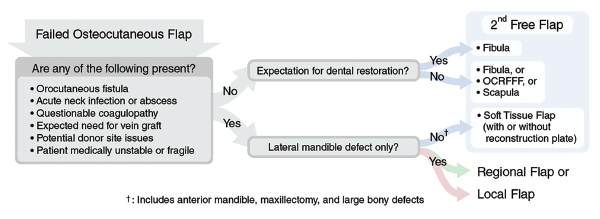Otolaryngology experts examined important clinical questions in five areas—from antivirals for newborn hearing to tonsillar cancer—during the Triological Society’s “Best Practices” session.


Otolaryngology experts examined important clinical questions in five areas—from antivirals for newborn hearing to tonsillar cancer—during the Triological Society’s “Best Practices” session.

More procedures performed at high-volume hospitals and careful certification of surgeons in clinical trials are ways to improve the quality and value in head and neck care, panelists said.

The recipient site of the initial failed free flap is the most important factor affecting its management and, in many cases, a second free flap in the acute setting is appropriate.
The practice of neck drain insertions in patients undergoing thyroidectomies is associated with higher risks of hematomas and surgical site infections, and longer hospital stays.

Transoral thyroidectomy can be safely performed in a select group of patients. Here are its unique advantages and guidance on when it should be used.

Medullary thyroid carcinoma is a relatively rare thyroid cancer accounting for about 5% to 10% of all thyroid cancers.

Recent advances in intraoperative, near-infrared imaging technology may offer effective tools for surgeons to help avoid negative outcomes.
Pretreatment sarcopenia as radiologically defined by decreased skeletal muscle index (SMI) or skeletal muscle mass (SMM) correlates with poor survival in HNC patients.
A look at the impact of regression on sentinel node status and the likelihood of recurrence in primary cutaneous melanoma of the head and neck.

Transoral robotic surgery (TORS) has become increasingly accepted as a treatment modality in human papillomavirus (HPV)-positive T1/T2 oropharyngeal squamous cell carcinoma (OPSCC).